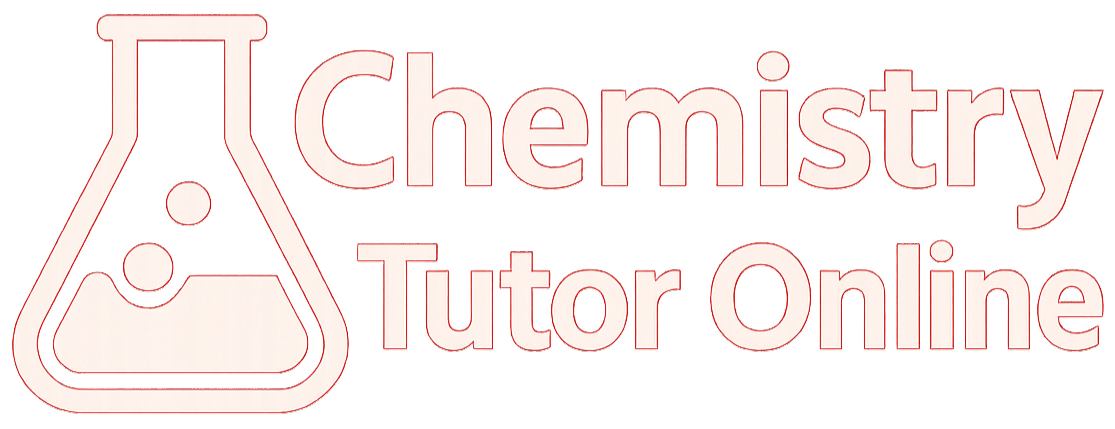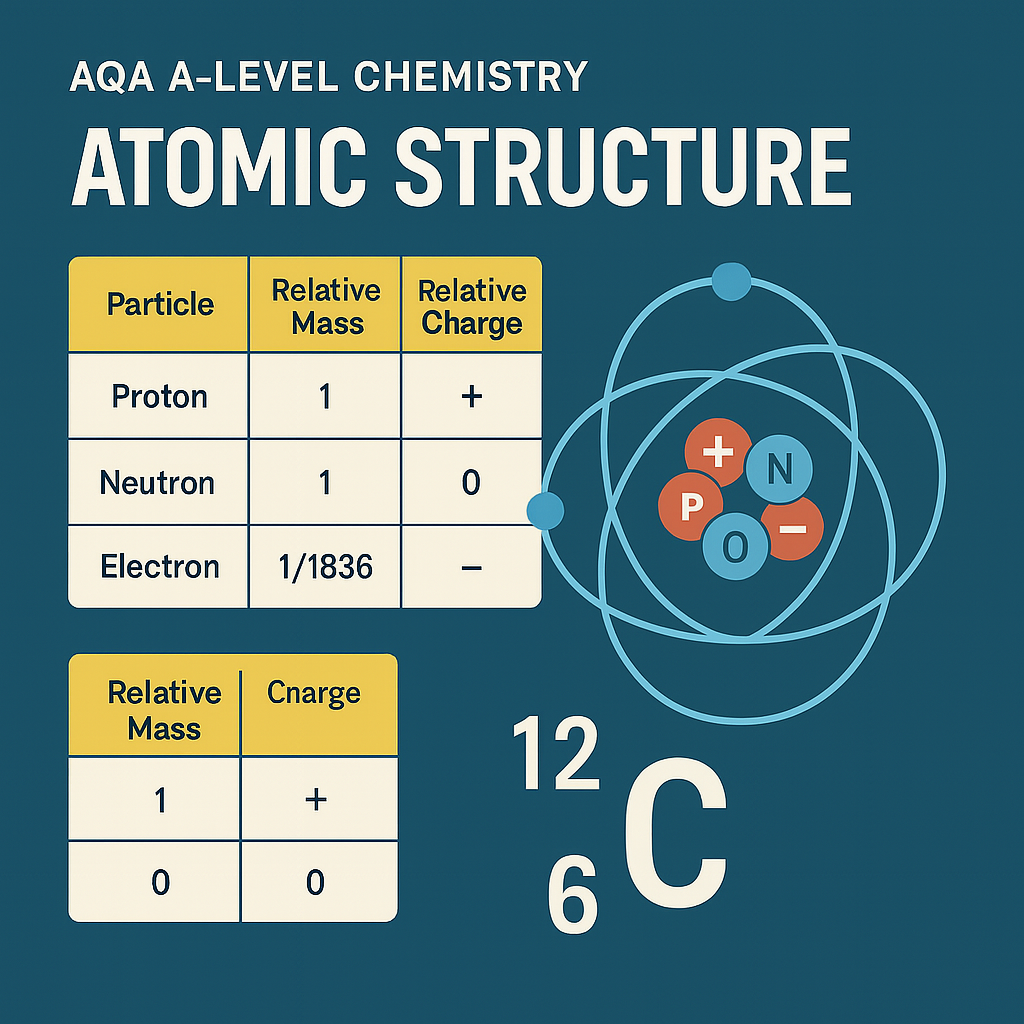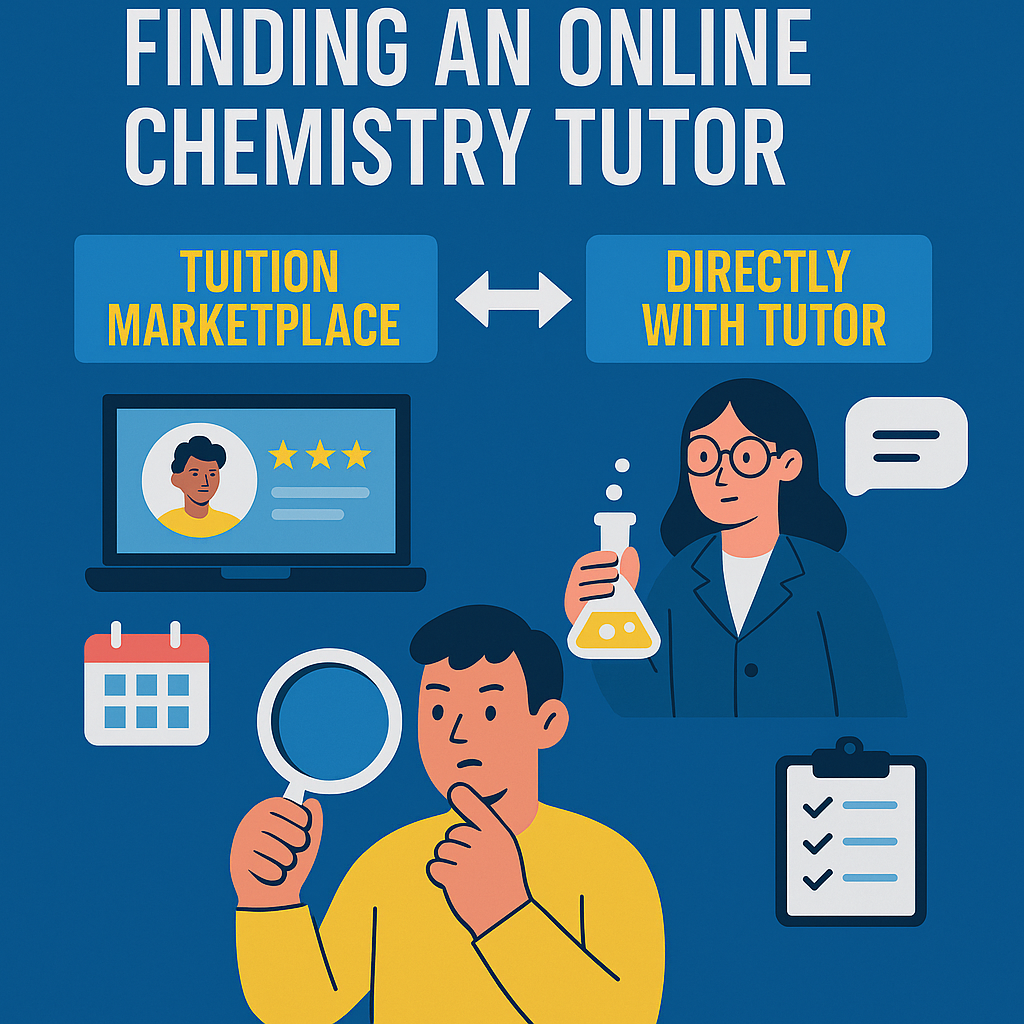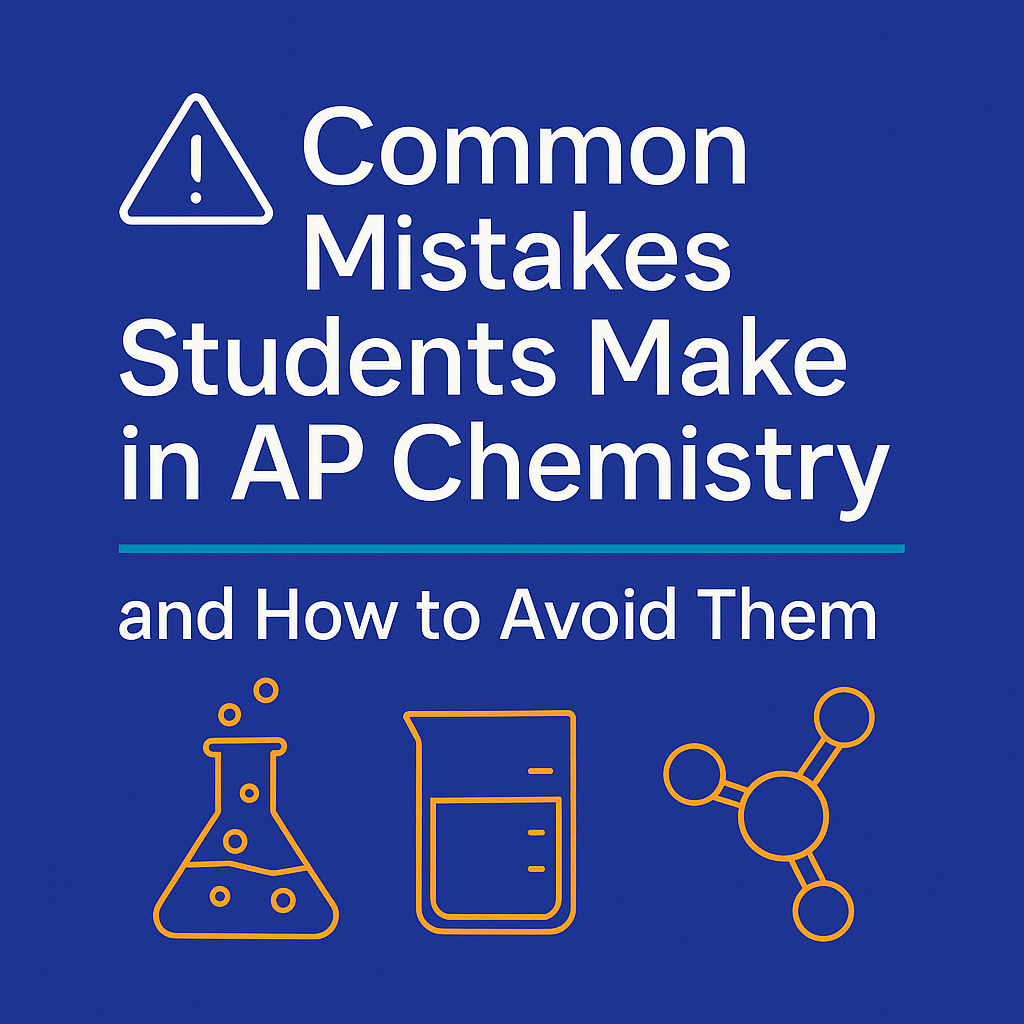How to Support a Child Who Says They Hate Chemistry
When a child says they hate chemistry, it’s not a door slammed shut—it’s a signal. A signal that something isn’t working, that they feel frustrated or left behind.
If your child rolls their eyes at the mention of chemistry, complains it’s pointless, or outright says, “I hate it,” you’re not alone. Many students go through a rough patch with science—especially chemistry, which can seem abstract, formula-heavy, and unforgiving.
But here’s the good news: most children who dislike chemistry don’t actually hate the subject. What they hate is feeling confused, inadequate, or bored. With the right support, environment, and approach, many of those same students grow to tolerate—or even enjoy—the subject.
In this guide, we’ll explore why students develop a negative attitude toward chemistry, and what parents can do to help—whether the goal is survival, steady improvement, or a genuine turnaround.
Why Do So Many Students Say They Hate Chemistry?
Before trying to fix the problem, it's important to understand where the resistance comes from. When a child says they "hate" chemistry, they usually mean one or more of the following:
“I don’t understand it, and I feel stupid.”
“I never know what the teacher’s talking about.”
“It’s full of weird formulas and facts that don’t make sense.”
“It’s boring and I can’t see the point.”
“I used to be good at science, but now I’m not.”
“I’m anxious about exams and this is the hardest one.”
Hating a subject is rarely about the content itself—it’s about the emotional experience a child associates with it. Your role is to unpick what’s really going on underneath the frustration and help them rebuild confidence.
Step 1: Start With Empathy, Not Pressure
When your child voices hatred for a subject, resist the urge to launch into problem-solving or persuasion. Instead, begin with empathy.
Say things like:
“It sounds like you’ve been finding chemistry really difficult lately.”
“What is it about chemistry that you dislike most?”
“Have there been any lessons or topics you actually didn’t mind?”
The goal is to open a conversation—not shut it down with “you have to learn it anyway” or “it’s really important for your future.” When children feel heard, they’re more willing to reflect—and more open to help.
Step 2: Separate the Child From the Struggle
When a child is underperforming, they often internalise the problem:
“I’m bad at science.”
“I just don’t get it.”
“I’m not smart enough.”
Remind them: chemistry is hard for many students. It’s not a character flaw. Frame it like this:
“It’s completely normal to struggle with chemistry at first—especially when it gets more abstract.”
“A lot of students who hated it at first ended up doing well once they had the right explanation.”
“We just need to find the way it clicks for you.”
This shifts the focus from “I’m bad” to “I haven’t been taught in the right way yet.”
Step 3: Explore the Root Cause of the Dislike
Try to gently pinpoint the trigger. Ask:
When did you start feeling this way about chemistry?
Was there a particular topic or test that went badly?
Is it the teacher’s style that’s hard to follow?
Are you confused by the maths in it?
You might discover:
A confusing lesson that snowballed into long-term confusion
One bad test that dented their confidence
A mismatch between their learning style and the way the subject is taught
A lack of prior knowledge that makes everything else feel impossible
Identifying the root helps you choose the right solution—whether that’s targeted support, alternative resources, or reassurance.
Step 4: Reframe Chemistry’s Reputation
Some students (and parents) view chemistry as a “cold” or “impenetrable” subject—lots of formulas, no emotion, no relevance. But chemistry is the science of change, and it affects everything from cooking to cosmetics to climate change.
Try these reframes:
“Chemistry is the reason fireworks explode in different colours.”
“Understanding acids and alkalis helps you know why cleaning products work.”
“You’re made of chemistry—your brain, your body, your emotions.”
Bringing chemistry into everyday life makes it feel less alien and more meaningful.
Step 5: Use Resources That Make Chemistry Engaging
Many students dislike chemistry because of the way it’s presented—monochrome textbooks, rapid-fire lectures, or dry exam papers.
Introduce more engaging formats:
YouTube channels like CrashCourse Chemistry, Tyler DeWitt, or Freesciencelessons
Visual learners benefit from infographic-style revision materials
Kinesthetic learners may enjoy household experiments (e.g. baking soda + vinegar reactions)
Gamified apps or flashcards like Quizlet or Anki
Real-world examples from beauty products, food chemistry, or sports science
You’re not trying to replace the school curriculum—but spark curiosity enough that the subject stops feeling intimidating.
Step 6: Focus on Wins, Not Just Weaknesses
Chemistry is cumulative. That means if a student falls behind early, it’s hard to catch up later unless they rebuild their foundation.
Start by revising topics they’re most likely to succeed at. Then celebrate the small wins:
“You nailed that bonding diagram!”
“You explained that practical setup really clearly.”
“You remembered the difference between endothermic and exothermic—great job.”
Success is motivating. Once they feel capable in one area, they’ll be more willing to tackle harder ones.
Step 7: Avoid Overloading With Content
When a child is already resistant, overwhelming them with more worksheets or revision guides will backfire. Instead, break things into tiny chunks:
One concept at a time
15-minute study sessions
Simple recall questions
Targeted past paper questions with full explanations
Over time, you can build to longer sessions and broader topics—but don’t start by pushing hard. Think “low-stress exposure” to slowly rebuild confidence.
Step 8: Consider Getting a Chemistry Tutor
A subject-specific tutor can help in ways a classroom teacher sometimes can’t:
One-on-one attention
Tailored explanations based on learning style
Patience and reassurance without peer pressure
Diagnosing knowledge gaps
Building exam technique
The key is finding the right tutor:
One who explains clearly and positively
Knows your child’s exam board (AQA, Edexcel, OCR, CIE, or IB)
Uses active learning strategies and past paper practice
Focuses on building confidence, not just covering content
If your child is resistant at first, suggest just one trial session. The right tutor can change a subject from a source of stress into a source of strength.
Step 9: Manage Expectations and Emotions
Your child may not love chemistry—even with support. That’s okay. Not every student has to become a scientist.
Instead, aim for:
Progress in understanding
Reduced anxiety around the subject
Confidence in key skills and exams
Enough knowledge to meet academic goals (e.g. pass required exams)
Validate effort over outcome:
“You worked hard to understand that—well done.”
“I’m proud of how you kept going, even when it was tricky.”
Emotional support often matters more than explanations.
Step 10: Know When Chemistry Becomes More Enjoyable
Many students start enjoying chemistry only after:
It “clicks” with a good explanation
They build enough skill to feel capable
They start seeing patterns, not isolated facts
They understand why it matters in the real world
They feel safe to ask questions and get things wrong
That transformation often happens late in the course or even after an initial breakthrough. Be patient. Just because they “hate it” today doesn’t mean they’ll feel the same way tomorrow.
Bonus Tips for Supporting a Resistant Learner
✅ Let them teach you—ask them to explain a topic in their own words
✅ Use analogies or humour (e.g. covalent bonds = sharing sweets)
✅ Try different revision formats: flashcards, storyboards, mind maps
✅ Watch science-based shows together (e.g. BBC’s “Secrets of the Universe”)
✅ Normalise mistakes—show them even scientists get things wrong
✅ Connect chemistry to their interests (beauty, food, sport, medicine, environment)
✅ Give space when needed—avoid turning every conversation into a lesson
Final Thoughts: Chemistry Doesn’t Have to Be a Battle
When a child says they hate chemistry, it’s not a door slammed shut—it’s a signal. A signal that something isn’t working, that they feel frustrated or left behind.
With empathy, structure, and the right support, you can help them:
Rebuild confidence
Develop curiosity
Improve performance
And maybe even say: “It’s not that bad, actually.”
That’s a win.
Need Help Turning Chemistry Into a Strength?
Book a free consultation with Dr Marguerite Quinn, experienced chemistry tutor with over 3,470 teaching hours. Whether your child is just trying to pass, build confidence, or aim for top grades, Marguerite offers structured support that meets them where they are—and helps them grow beyond it.





Understand AQA A-Level Chemistry Section 3.1.1.2 on mass number and isotopes. Learn key definitions, isotope notation, calculations, and how this topic builds your scientific and exam skills.